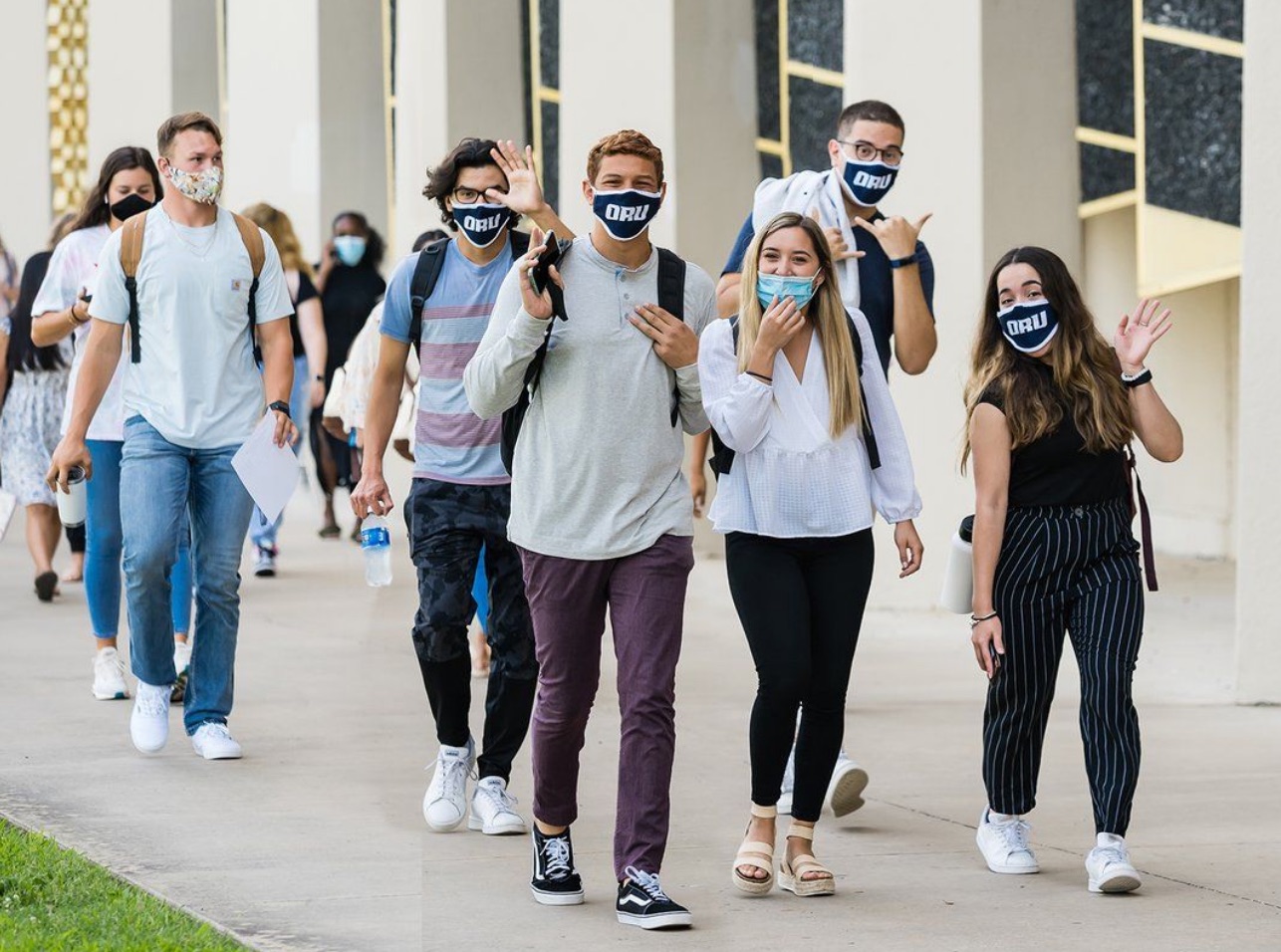A Question of Behavior: Sociology May Hold Pandemic Answer
 Not that long ago, when prepping for surgery, the surgeon would don the appropriate
clothes, lay out their instruments, anesthetize the patient, and then get to work.
The crucial missing component? Washing their hands. Why? Because not that long ago,
germ theory hadn’t yet been discovered and surgeons didn’t know they should wash their
hands to prevent infection.
Not that long ago, when prepping for surgery, the surgeon would don the appropriate
clothes, lay out their instruments, anesthetize the patient, and then get to work.
The crucial missing component? Washing their hands. Why? Because not that long ago,
germ theory hadn’t yet been discovered and surgeons didn’t know they should wash their
hands to prevent infection.
A simple change in behavior saved untold numbers of lives and helped an entire profession leap forward. This is the story of sociology, and it’s one we would do well to remember in our current pandemic times, according to ORU Professor of Sociology Dr. Cal Easterling.
“Sociology encompasses the study of epidemiology, and how and why epidemics begin and spread,” said Easterling. “Medical sociologists are buzzing right now with discussions about COVID-19 and all the political and social implications for families, industry, education, sports, the military--you name it!”
Indeed, it’s an area of study that stretches much farther back in time than our current climate. The Bubonic Plague was a killer in Europe for almost 400 years, stretching over the 14th to 18th centuries, while carcinogens ran rampant in 18th century London until surgeon Percivall Pott began investigating the correlations between exposure to soot and cancer in chimney sweeps. His research led to reforms such as frequent bathing, changing clothes more often, and requiring children to be older before they could start working as sweeps.
Another English reformer, physician John Snow, put his mind to a cholera epidemic that was sweeping London in the 1850s, tracing it to sewage-infested water. Snow convinced London officials to shut down a specific water pump and away went the epidemic.
These are just a few examples of public health being enriched by behavior modification.
“When you’re talking about the spread of these diseases, you aren’t talking about medicine, you’re talking about human behavior,” said Easterling. “Scientists will tell you straight up what this disease is. They have the DNA. [But] it’s not a medical question, it’s a human behavior question.
“If you wear a mask you’re 30% less likely to get COVID, and if both people in an interaction wear masks, you’re 70% less likely,” Easterling continued. “I’m not a gambler, but I teach statistics so I know I want the odds in my favor.”
Ultimately, as is usual with such situations, there’s a complicated, interwoven web of factors that will contribute to ending the coronavirus pandemic. According to Easterling, identifying these factors—along with providing the kind of public messaging that will lead to adoption of behavioral changes to mitigate the reach of the virus—will require broad, Spirit-empowered thinking.
“What a great time to enter the field of sociology,” Eastering said. “I haven't seen a greater need for scientifically-oriented sociologists since I started teaching in 1969.”

